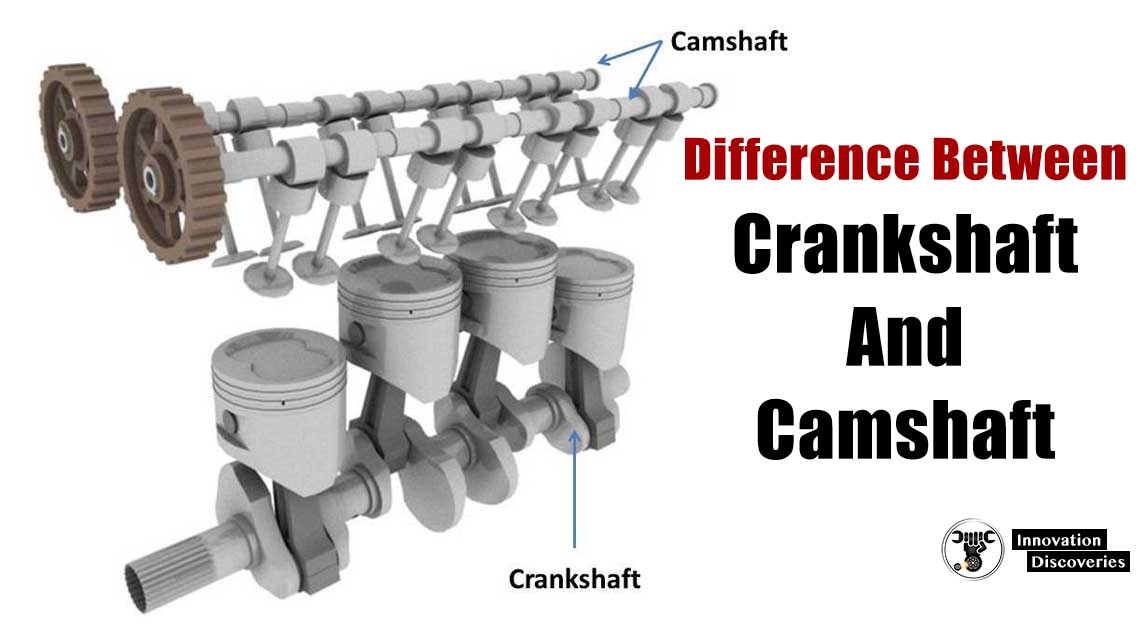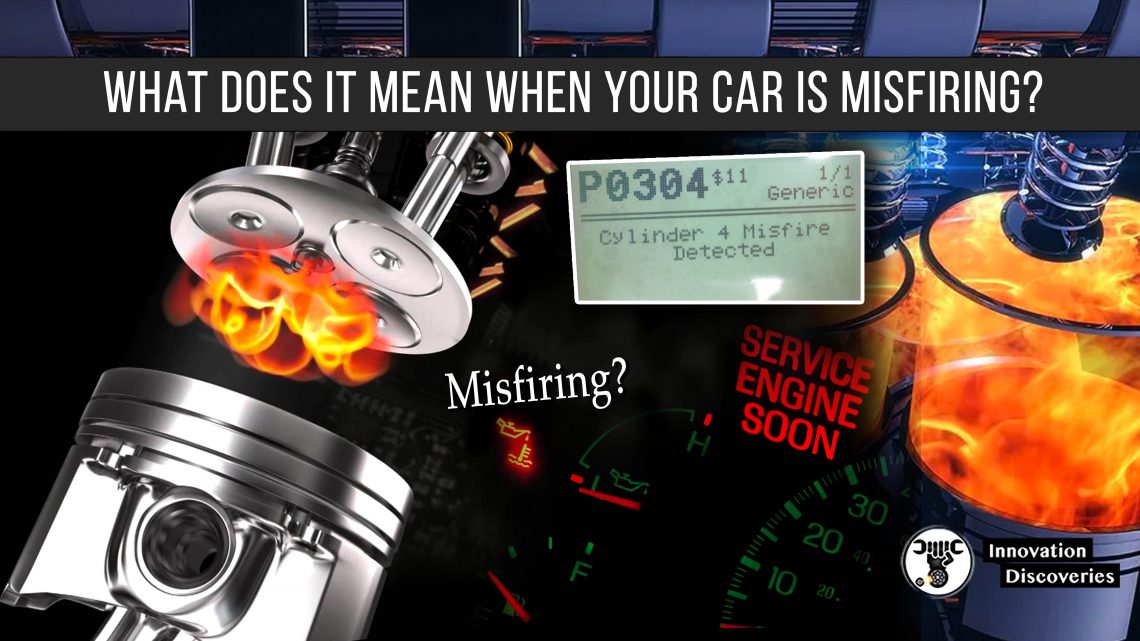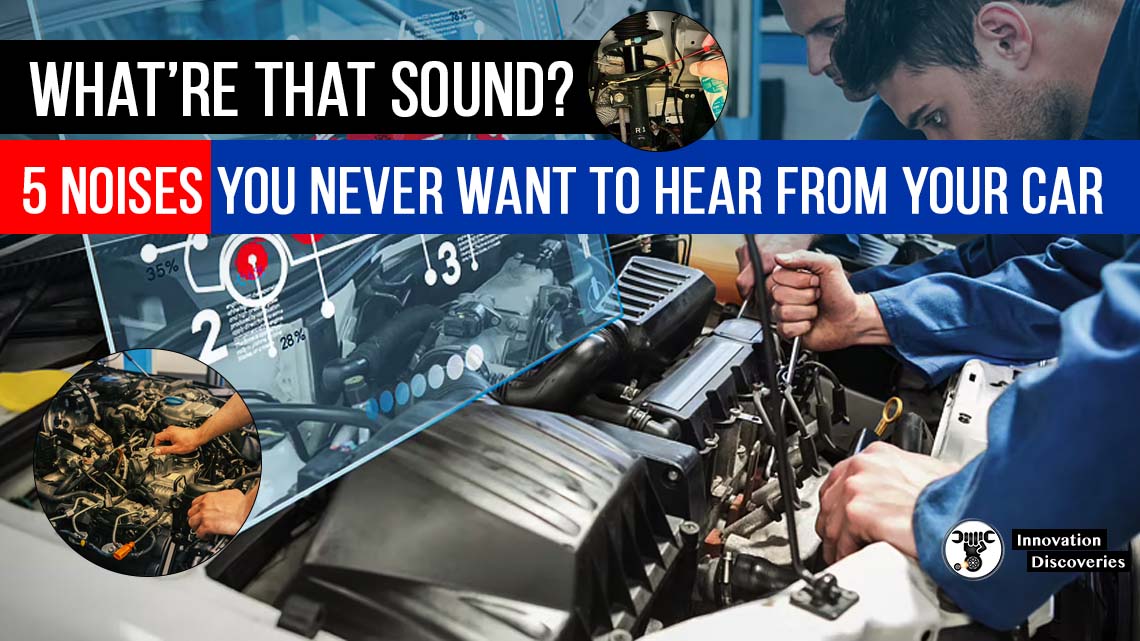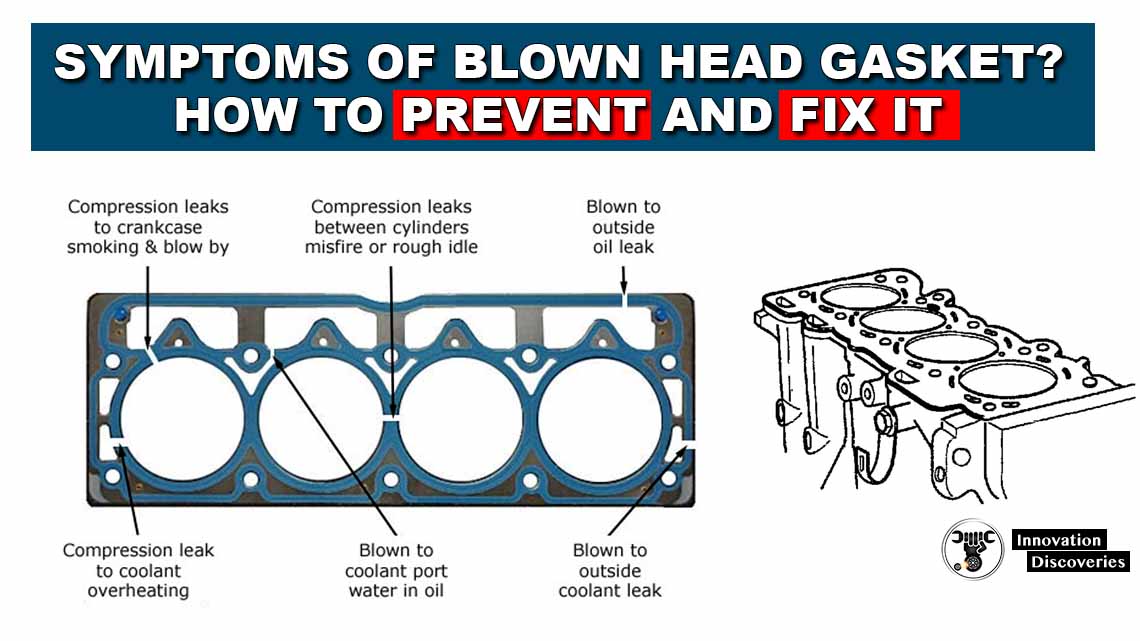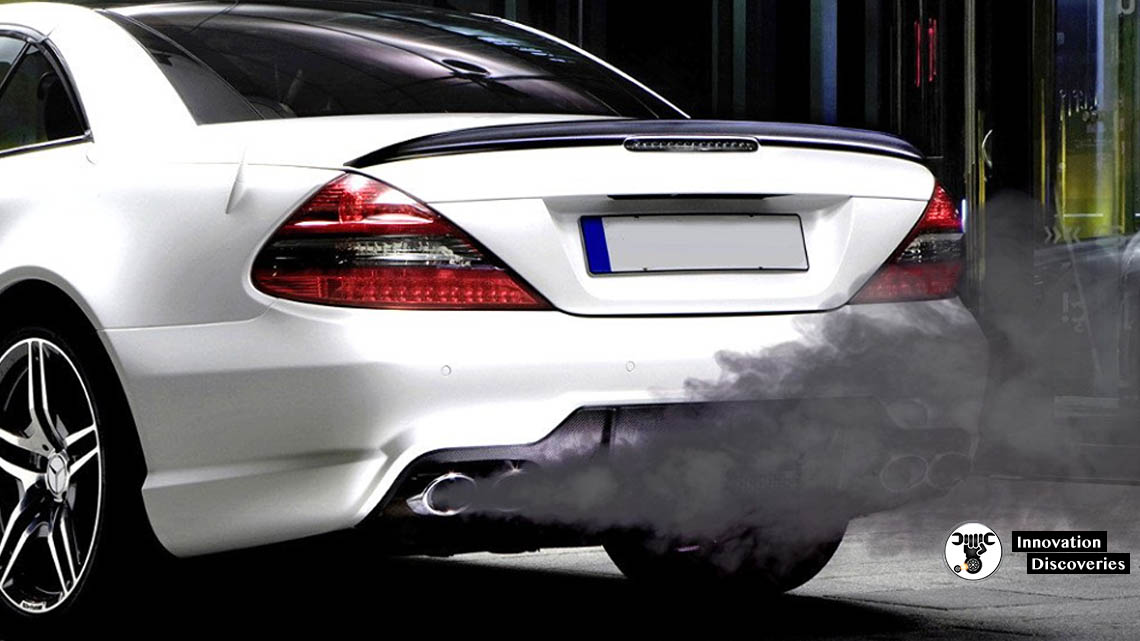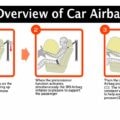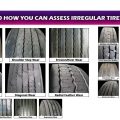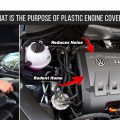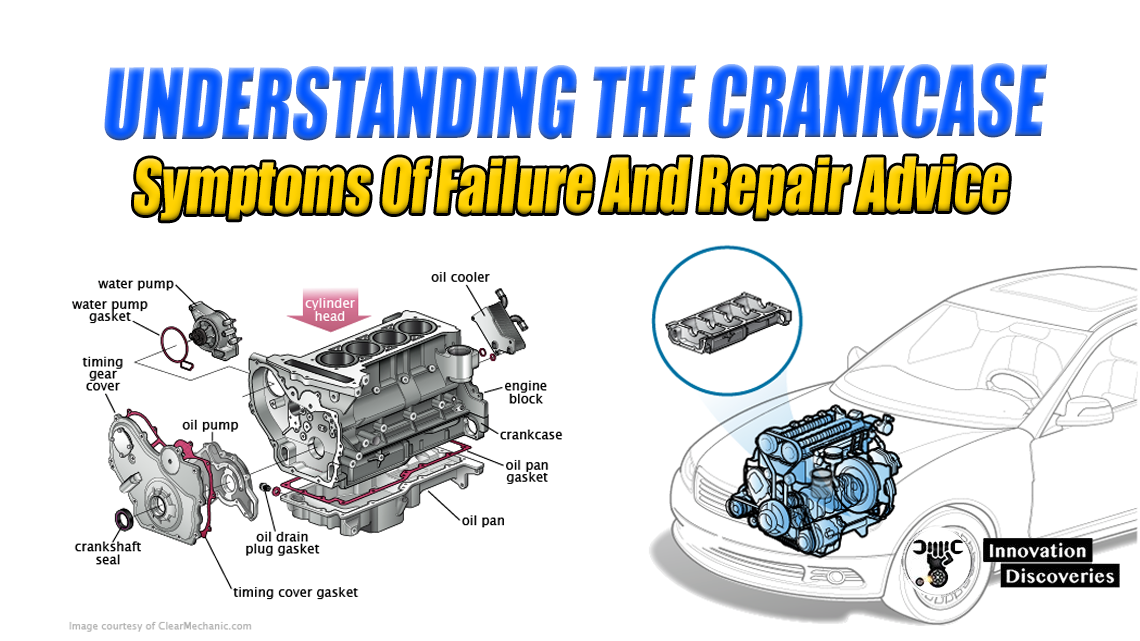
Introduction:
The crankcase is an integral component of an internal combustion engine, playing a crucial role in the engine’s lubrication system. This article aims to shed light on the crankcase, its function, and the symptoms of a bad or failing crankcase. Additionally, we will provide essential repair advice to help you address any issues related to the crankcase.
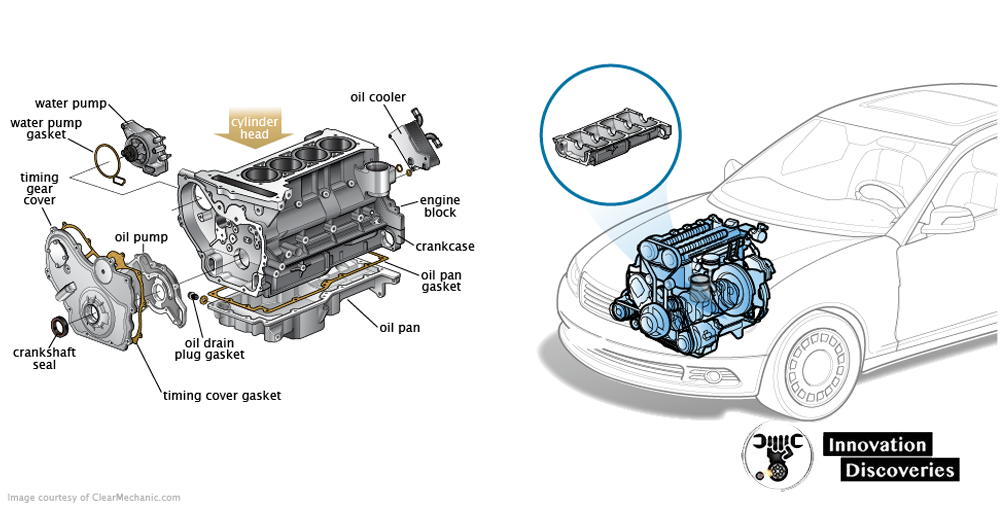
Crankcase:
The crankcase is a housing located at the bottom of the engine, encasing the crankshaft, connecting rods, and pistons. It serves as a reservoir for engine oil, which lubricates the moving parts within the engine. The crankcase also houses the oil pump, oil filter, and various passages that allow oil circulation throughout the engine.
Symptoms of a Bad or Failing Crankcase:
Oil Leaks:
A common symptom of a failing crankcase is oil leaks. If you notice puddles of oil underneath your vehicle or oil stains on the engine, it could indicate a leak in the crankcase. Oil leaks may lead to low oil levels, inadequate lubrication, and potential engine damage if not addressed promptly.
Excessive Oil Consumption:
A failing crankcase can cause increased oil consumption. If you find yourself frequently adding oil to maintain proper levels, it may be a sign of a problem with the crankcase. Excessive oil consumption can lead to engine overheating and accelerated wear on internal components.
Engine Misfires or Loss of Power:
A malfunctioning crankcase can disrupt the oil supply to vital engine parts. Insufficient lubrication can cause engine misfires, a noticeable loss of power, or rough idling. These symptoms should not be ignored, as they can indicate serious issues with the crankcase or other engine components.
Increased Engine Noise:
A failing crankcase may result in increased engine noise, often described as knocking or tapping sounds. Inadequate lubrication due to a compromised crankcase can cause increased friction between moving parts, leading to unusual noises. Ignoring these sounds could lead to severe engine damage.
Crankcase Related Repair Advice:
Regular Maintenance:
To ensure the longevity of your crankcase, follow the manufacturer’s recommended maintenance schedule. Regular oil changes, using the appropriate oil viscosity and quality, are vital to keep the crankcase functioning optimally.
Check for Leaks:
Routinely inspect your vehicle for oil leaks. If you spot any signs of leakage, promptly address the issue by identifying the source and fixing the leak. Ignoring leaks can lead to oil starvation, engine damage, or even catastrophic failure.
Replace Gaskets and Seals:
Over time, gaskets and seals within the crankcase may deteriorate, leading to leaks. During routine maintenance, have these components inspected, and replace them if necessary. This preventive measure can help avoid potential issues in the future.
Seek Professional Help:
If you experience any of the symptoms mentioned earlier, it is advisable to consult a qualified mechanic or technician. They can perform a thorough inspection of the crankcase and related components to accurately diagnose the problem and provide the necessary repairs or replacements.
Conclusion:
The crankcase is a critical component of an internal combustion engine, responsible for lubricating and protecting vital moving parts. Understanding the symptoms of a bad or failing crankcase is essential for timely intervention to prevent significant engine damage. By following regular maintenance practices and promptly addressing any issues related to the crankcase, you can ensure the optimal performance and longevity of your vehicle’s engine.
Visit Forum
Visit Our Friendly Website


